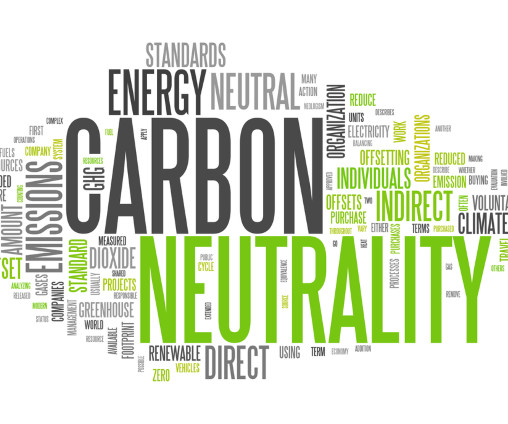Supply Chain Matters News Capsule Follow-Up- February 24 2023
Supply Chain Matters
FEBRUARY 24, 2023
This update provides added developments related to aircraft manufacturer Boeing, and to current U.S. After deliveries were suspended for upwards of two years because of a series of quality and manufacturing process issues, Boeing has plans to ramp production to five per month in late 2023 and to 10 per month in the 2025/2026 timeframe.
















Let's personalize your content